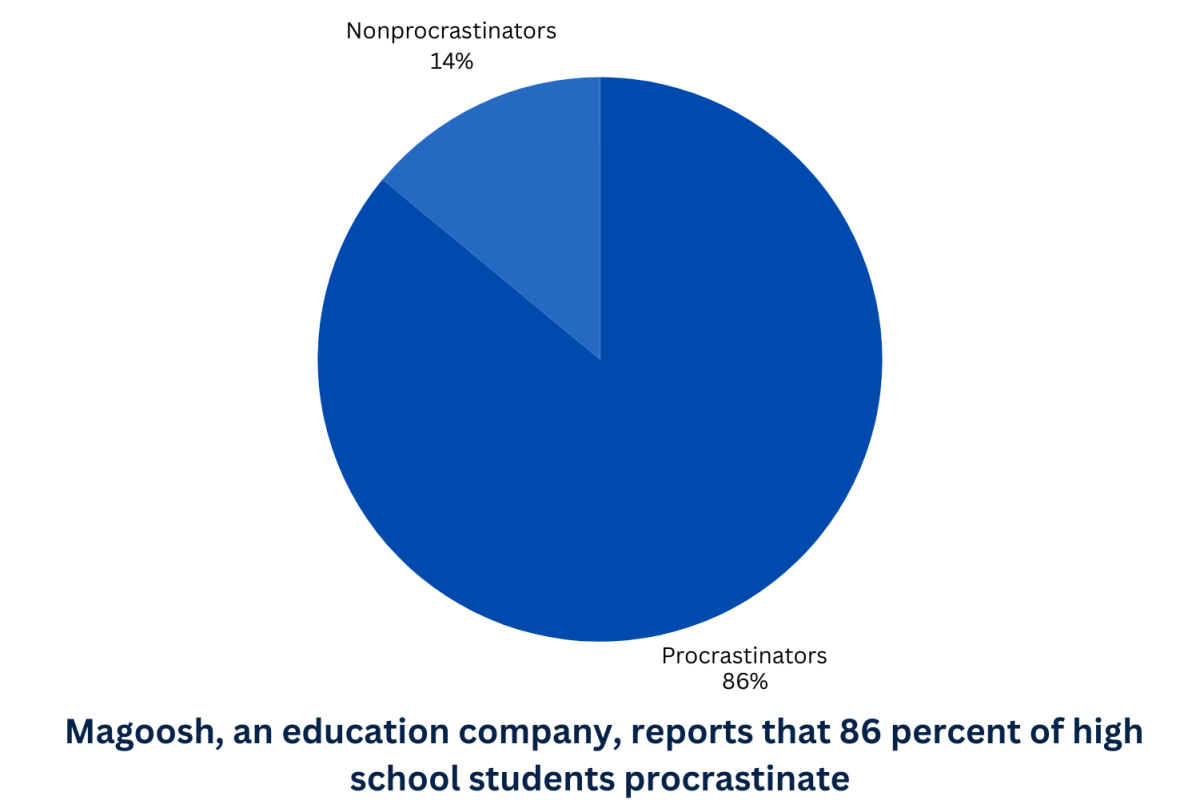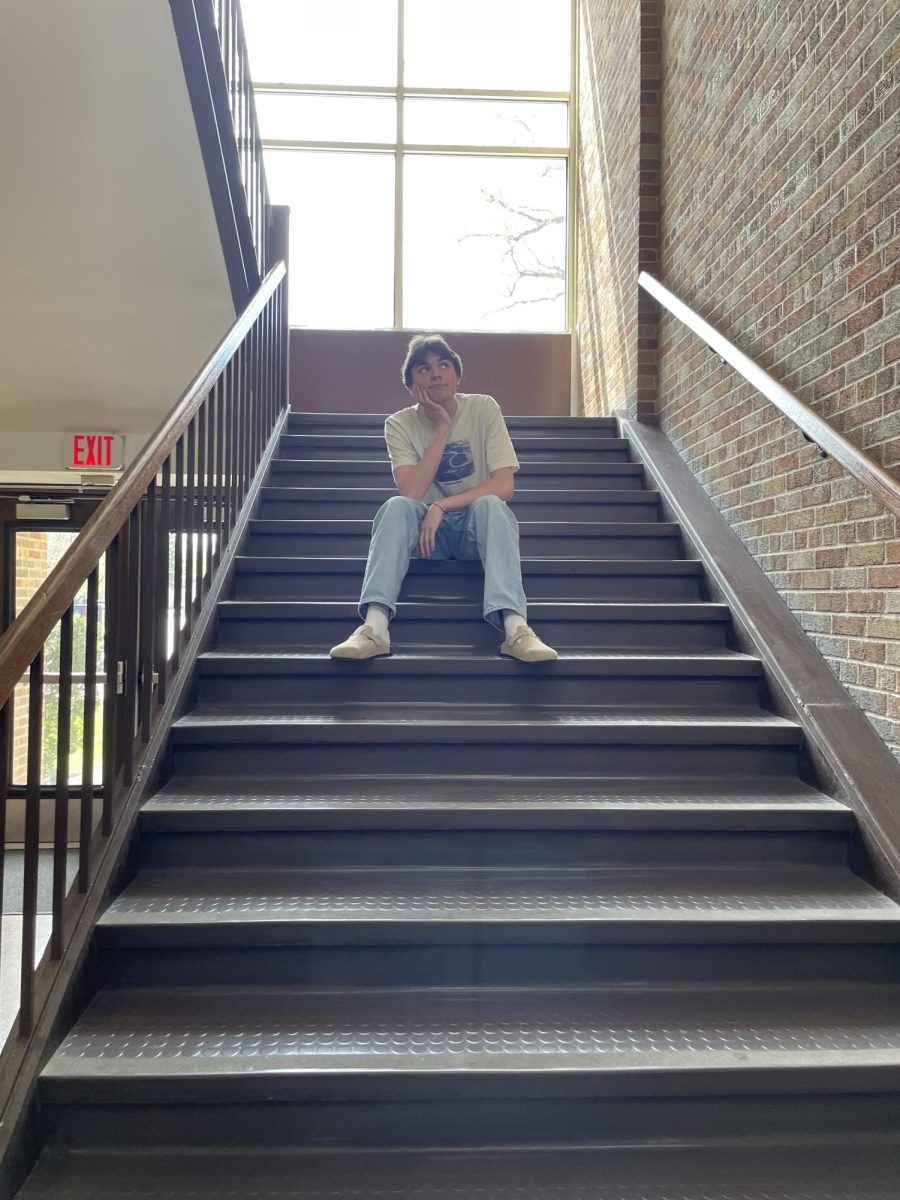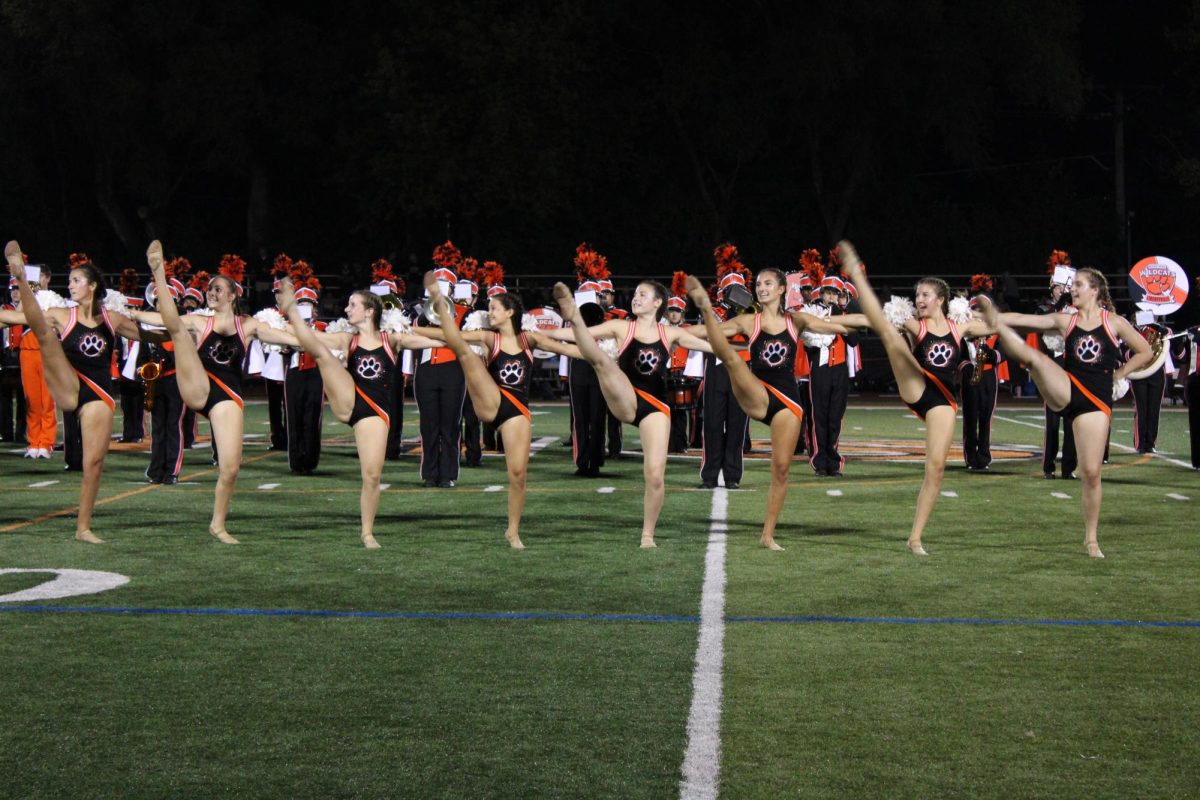I rub my eyes in distress under the dim lamp light. “Just a couple more problems to go,” I think, as I flip through the trigonometry textbook in frustration. It’s getting late, and all I want to do is write. I want to find new songs to learn on the guitar, to explore where my interests will take me and find what more I can learn–only it’s 11:30 now and my ambition to learn has slowly been drained from sleep deprivation and the math that I’ll never use.
Another night has been wasted.
It’s time that could’ve been spent focusing more on my literature homework, or on the educational freedom to learn wherever my interests take me. But as a result of our educational system in America, we’ve been stuck forcing ourselves to learn the subjects that our brains just aren’t hard-wired to get.
“Learning is the key to success and happiness. You are a new person every time you learn something new, better able to respond to the world and solve its problems as a unique individual. That’s a beautiful thing. The future needs us to be hungry for new knowledge and thirsty for new problems to solve. Instead, we have what we could call a disenchanted youth,” commented senior Nick Minor.
I’m not trying to degrade math as a subject; it’s just something I don’t understand or have an interest in as a learner. I value math and science immensely and recognize their importance in the world, but if someone has a passion, shouldn’t they be able to pursue it without unnecessary interruptions?
The ancient Greeks had a belief in the well-rounded individual. Their word for upbringing was Paideia, signifying “the general learning that should be the possession of all human beings. It had to do with the shaping of the Greek character and was a concept at the center of the Greek educational genius, which is the secret of the undying influence of Greece upon all subsequent ages,” according to Dr. Davey Naugle of Dallas Baptist University.
The idea makes sense. A well-rounded mind makes for an open-minded society as a whole. But this philosophy has been taken to an unpractical height in the United States, proven by the fact that as seniors in high school, we’re still mandated to take a variety of classes, many of which students know well they won’t use later according to their interests.
Illinois requires four years of language arts, two years of writing intensive courses, three years of mathematics, two years of social studies, and one year of art, music, language, or vocational education, according to the Illinois State Board of Education.
An element of structure is clear in the educational system, but a sense of educational freedom is lacking. The structure is beneficial to those who don’t fully know what they want to study, but it could use more leeway for those who do.
Here’s the kicker–colleges don’t care about the curricular freedom in highschool. They’re out to make sure their incoming prospects are well-rounded too, requiring standard courses in various subjects. This is understandable, considering these schools are essentially branding their name on those entering the workplace, but where does this leave the students?
Don’t get me wrong, students do have the opportunity to skip out on classes they feel are irrelevant so long as the requirements are met, but doing so could land you in trouble in your 500-student lecture hall math class when you head to college. With little to no one-on-one help in these general classes, you’d better know the material or know someone who does.
The issue then lies with the internal drive needed for students to want to learn and to find their passion. The public school system is set up to encompass all students in a structure that lends a hand to the slower students, as originally labeled the Secondary Education Act of 1965, now known as “No Child Left Behind.” This is a great opportunity for students who need a little support in their learning, but the idea has arguably been warped into a lackadaisical crutch for the lazy to lean on.
What I hope for is to see more freedom for students. I hope to see the opportunity for young people to be able to sharpen and focus their skills of interest without being bogged down with busy work so a school can write a check mark by a pile of names. The drive is there, but the system is too technical in search of success.
“Emphasize learning rather than testing, knowledge rather than data, individuals rather than statistics. I would equate that with investing in our potential as individuals rather than as numbers. Now there is a good place to start,” said Minor.














